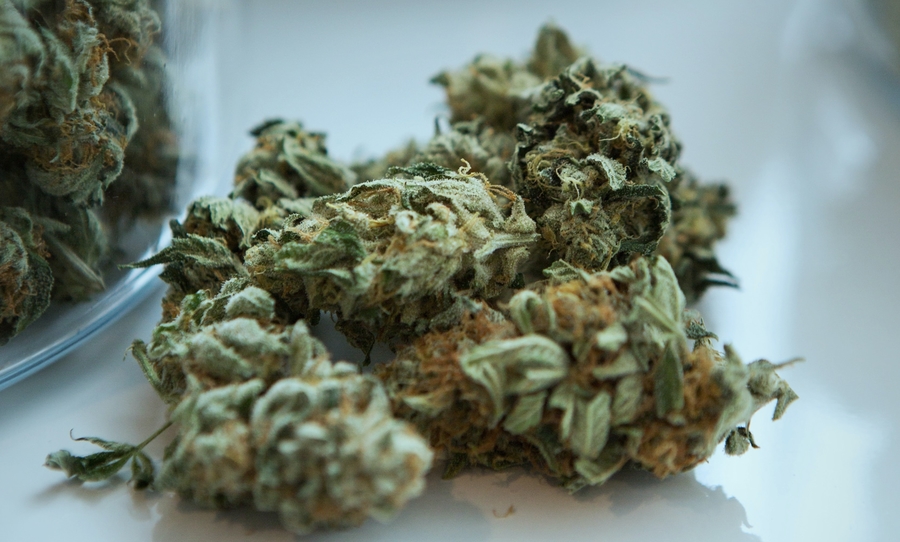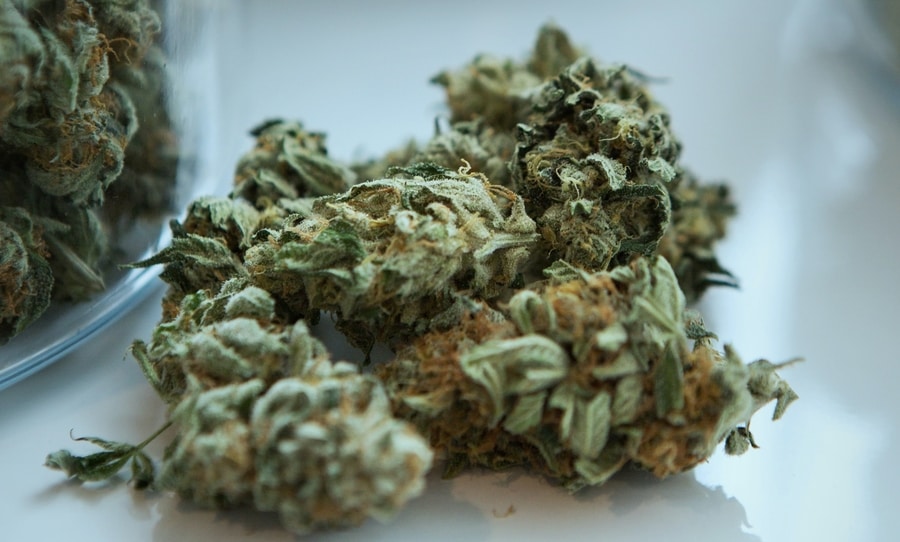A team of Canadian scientists believe that cannabis could be used to fight coronavirus, following a study conducted over the last three months.
Researchers from the University of Lethbridge have identified 13 strong strains of cannabis which interact with the same receptors as coronavirus, ultimately reducing virus receptor activity by up to 73%.

A recently published Canadian study has found that certain strains of cannabis show promising results in both the prevention and treatment of coronavirus.
Whilst the study is yet to be peer-reviewed, it was carried out in partnership with cannabis therapy research company, Pathway Rx, and cannabinoid-based research company, Swysh Inc. Published back in April on Preprints, the study saw six researchers examine 400 Health Canada-approved strains of cannabis. Thirteen sativa strains high in CBD appeared to show promising results, affecting the ACE2 pathways through which the virus enters the body. Such strains are low in THC (the part which produces the high), but high in the anti-inflammatory CBD.
Speaking to the Calgary Herald, one of the researchers in the study, biological scientist Dr. Igor Kovalchuk, described:
“A number of them have reduced the number of these (virus) receptors by 73 per cent…If they can reduce the number of receptors, there’s much less chance of getting infected.”
Whilst Kovalchuk has emphasised that more research is required, the study offered hope that these strains could be a “useful and safe addition” to the treatment of coronavirus, which has the benefits of being cheap and having fewer side-effects, as well as decreasing overall disease susceptibility.
If successful, the study suggested that the strains could be developed into “easy-to-use preventative treatments” like mouthwash, throat gargle, inhalants or gel caps which could decrease the potential of viral infection through the mouth.
So far the research has only been carried out on artificial 3D models which mimic body parts like airways and intestinal tissues affected by coronavirus. The researchers are currently seeking more funding to continue their efforts.
“While our most effective extracts require further large-scale validation, our study is crucial for the future analysis of the effects of medical cannabis on COVID-19,” the study described.
“Given the current dire and rapidly evolving epidemiological situation, every possible therapeutic opportunity and avenue must be considered.”



